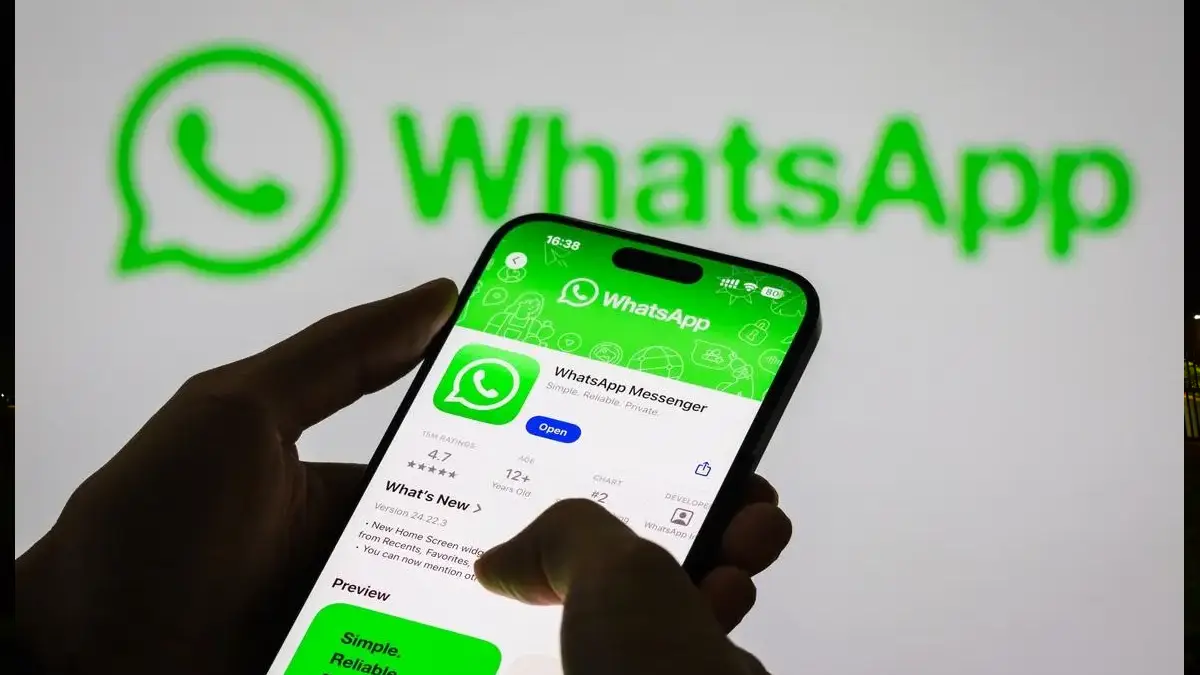The National Company Law Appellate Tribunal (NCLAT) has granted partial relief to Meta Platforms Inc., setting aside a key directive issued by the Competition Commission of India (CCI) that prohibited WhatsApp from sharing user data with Meta group companies for advertising purposes.
The NCLAT bench, comprising Justice (Retd.) Ashok Bhushan and Member (Technical) Barun Mitra, modified the CCI’s 158-page order from November 2024, which had found Meta guilty of abusing its dominant position in the Over-The-Top (OTT) messaging market to strengthen its foothold in the online display advertising segment.
While the tribunal removed the five-year restriction on data sharing, it upheld the ₹213.14 crore penalty imposed on the social media conglomerate.
In its ruling, the NCLAT stated:
“We are setting aside the findings of the Commission insofar as it holds breach of Section 4(2)(D) and setting aside the directions in paragraph 247.1, (which stated) WhatsApp will not share user data collected on its platform with other data companies or advertising purposes for a period of five years from the date of receipt of this order.”
The CCI’s November 2024 order had penalized Meta and WhatsApp for what it described as a “take-it-or-leave-it” approach in enforcing WhatsApp’s 2021 privacy policy update, which the regulator deemed abusive of market dominance. It also mandated WhatsApp to disclose the purpose of data collection and restricted data sharing for advertising a clause now struck down by the appellate body.
Earlier in January 2025, the NCLAT had stayed the penalty on the condition that WhatsApp or Meta deposit 50% of the fine amount while the appeal was under consideration.
Meta’s Response to the CCI Order
As reported by Bar & Bench, senior advocate Amit Sibal, appearing for Meta, argued that the CCI’s findings were based on assumptions and exaggerations, asserting that user data was not shared with Meta for advertising, except in specific, optional scenarios such as the “Click to WhatsApp” feature.
He added that users were shown transparency screens and were not obliged to interact with businesses using that feature.
Representing the CCI, senior advocate Balbir Singh contended that Meta’s vast resources, ecosystem integration, and cross-platform dominance across Facebook, Instagram, Messenger, and WhatsApp gave it a unique competitive advantage.
“No other player comes close in terms of user dependence, network effects, and cross-platform synergy,” Singh said.
He argued that WhatsApp leveraged its dominance to enforce the 2021 privacy policy through mandatory notifications, pressuring users to accept new terms under the threat of losing access. The policy, he noted, removed the 2016 opt-out option, forcing even those who had previously declined data sharing to comply.
After extensive hearings on Meta and WhatsApp’s petitions, the NCLAT reserved its order in September 2025. The interim stay on the data-sharing ban had already been granted earlier this year.
The CCI’s original directive had ordered Meta to cease anti-competitive conduct and introduce behavioural remedies, including prohibiting data sharing for advertising and ensuring that access to WhatsApp in India is not contingent on users agreeing to data sharing for other Meta services.
With the latest NCLAT ruling, Meta has gained significant relief though the financial penalty and other compliance directives from the CCI remain intact.
